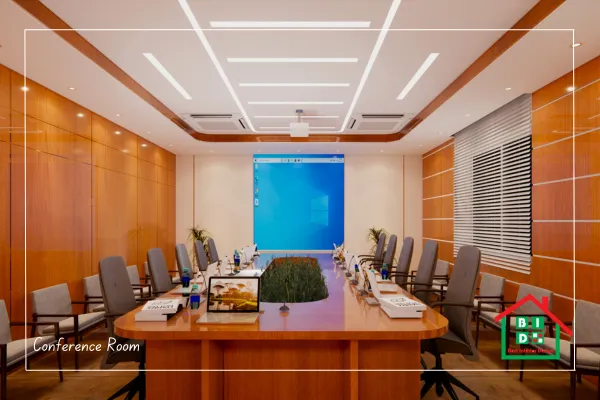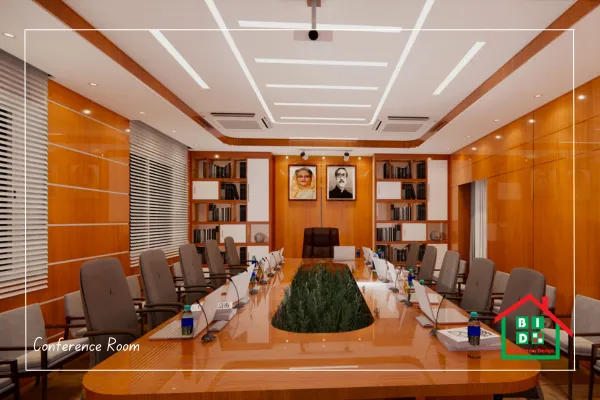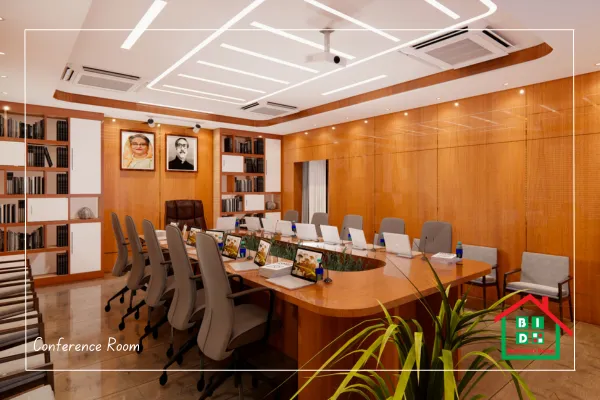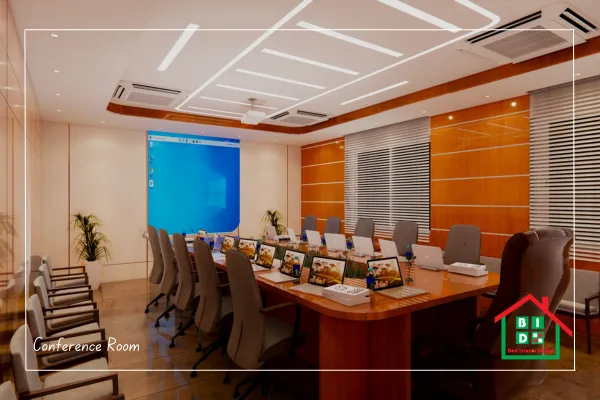Government Office Interior Design in Chittagong
Client
Export & Import controller govt. Office
Location
Agrabad, Sorkari Karjaloy-1, Chittagong
Area
6,500 Sq. ft.
Type
Office Interior

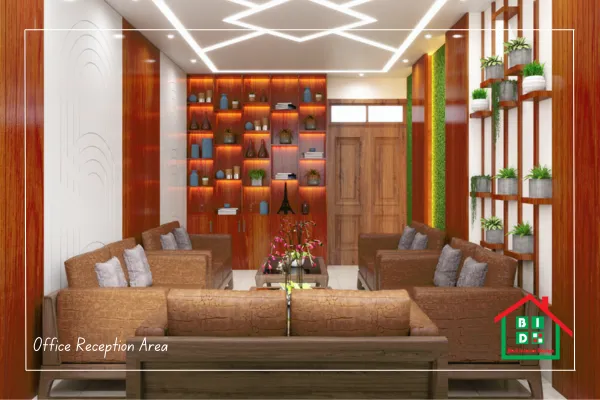
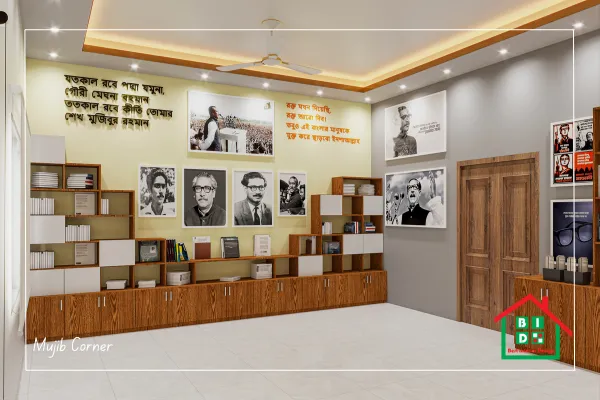
Fill the form for your dream interior design
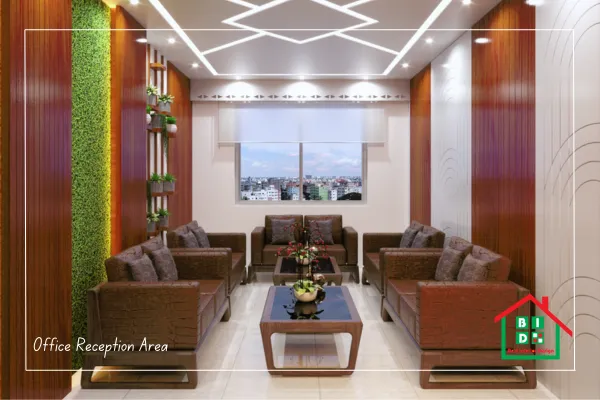
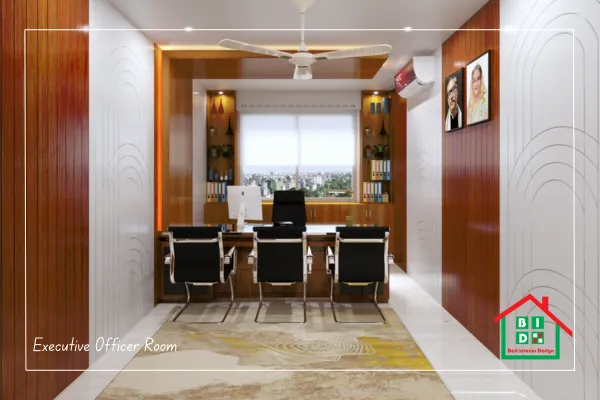
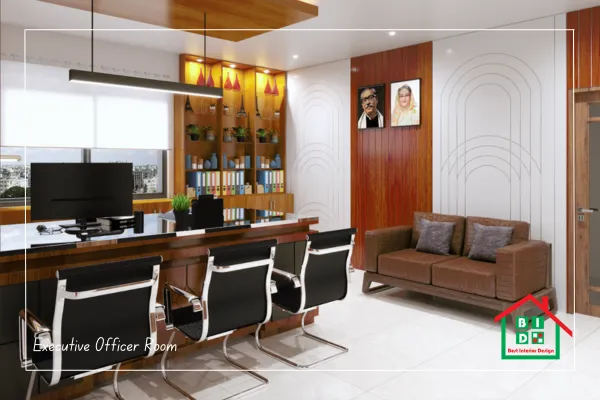
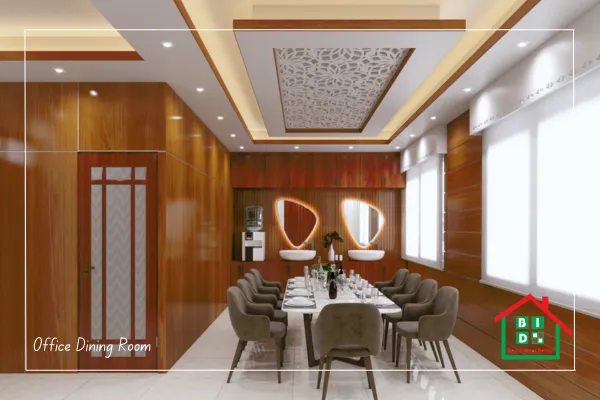
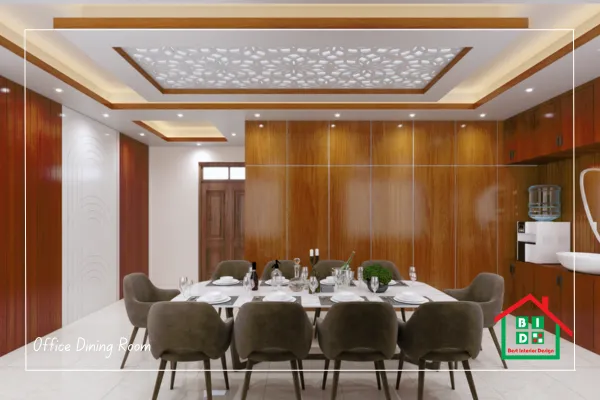
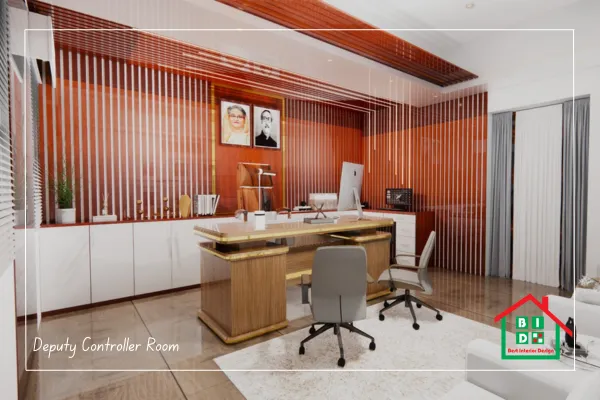
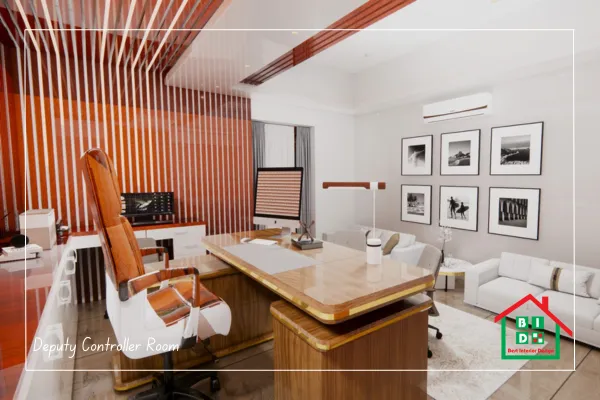
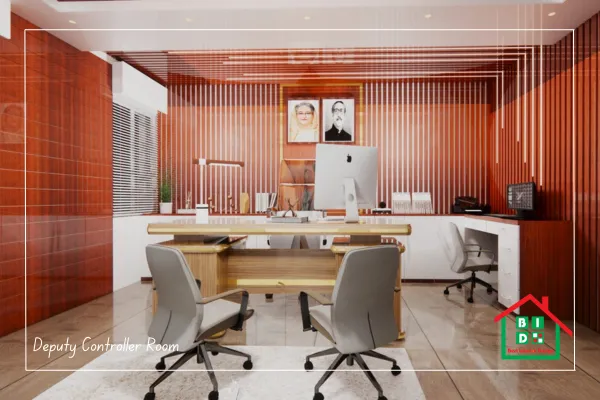
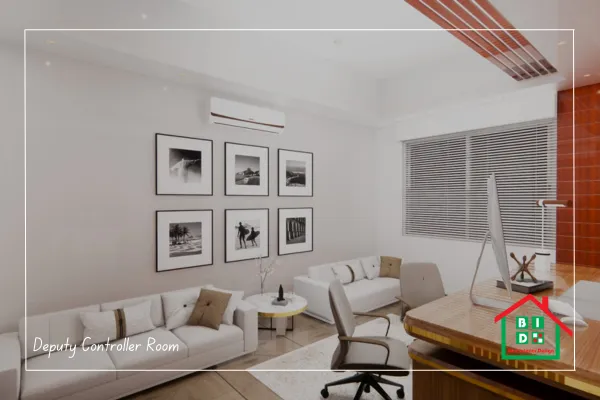
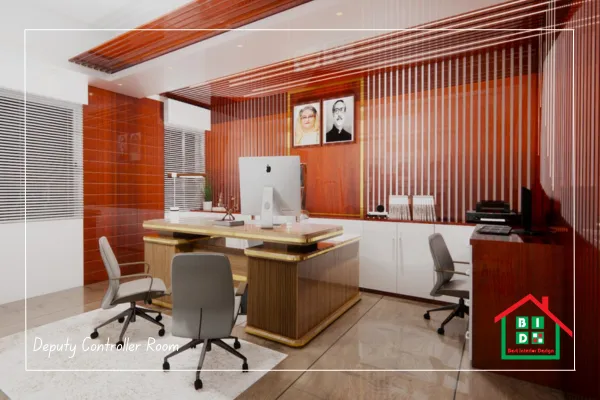
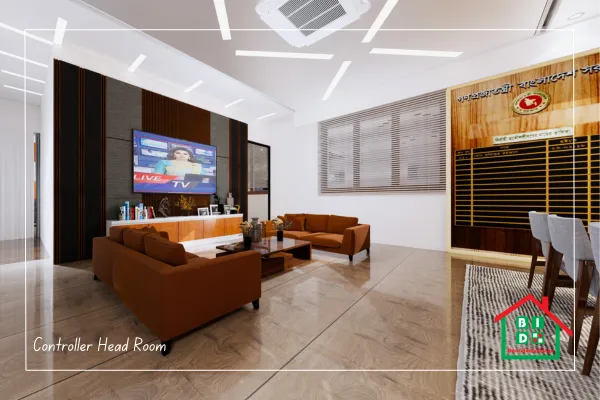
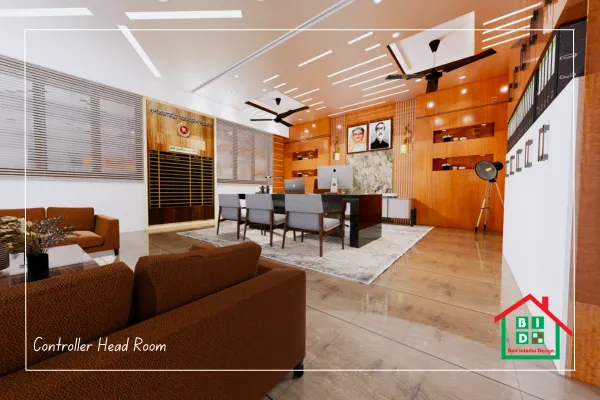
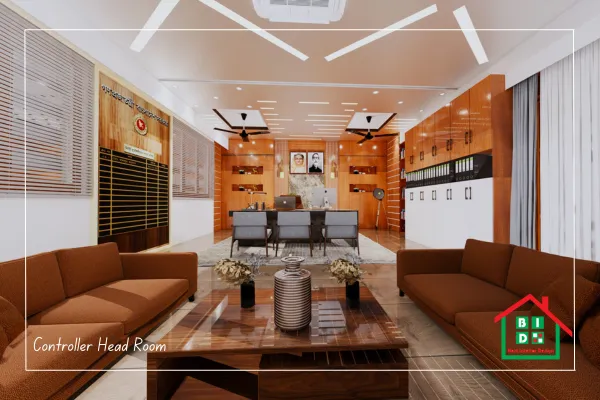
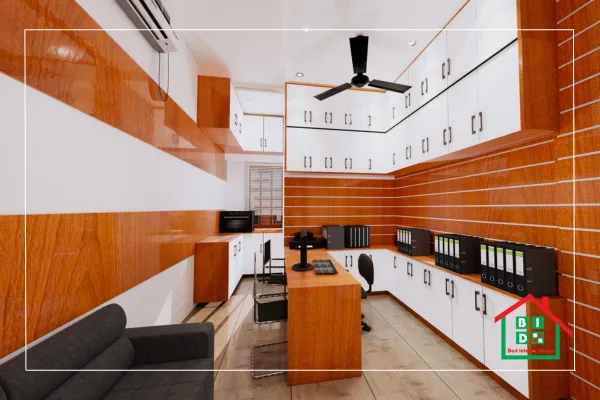
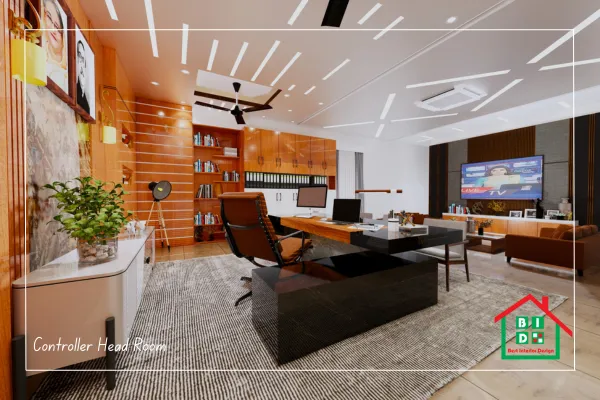
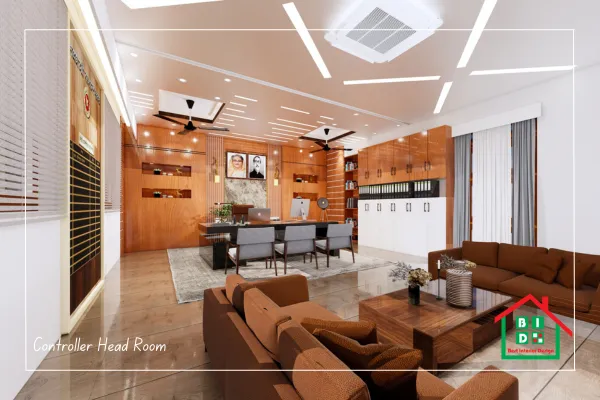

Fill the form for your dream interior design
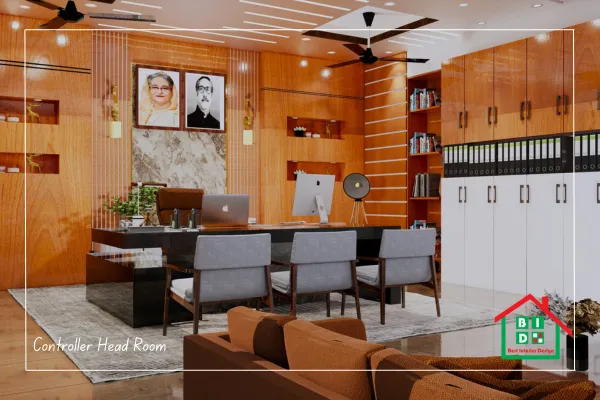
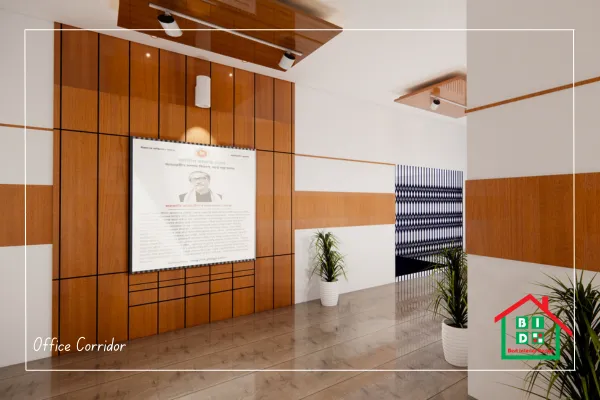
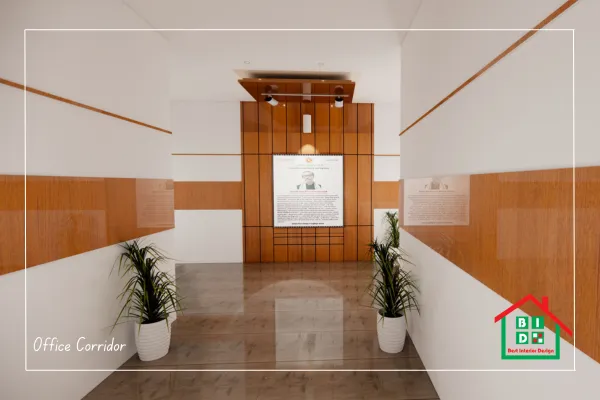
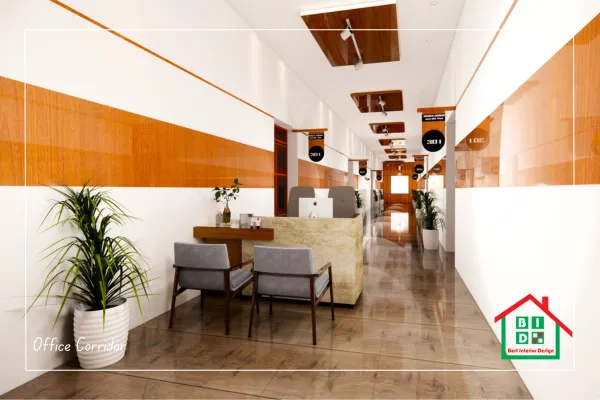
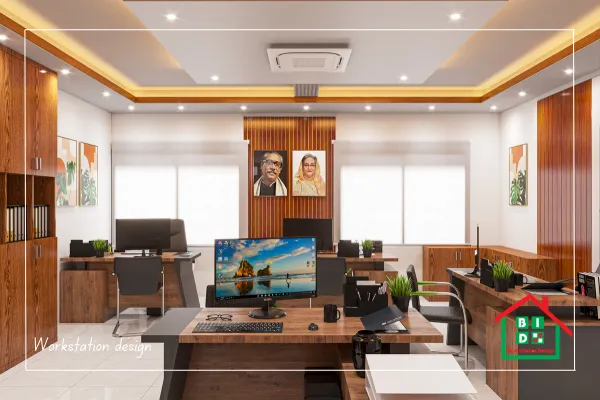
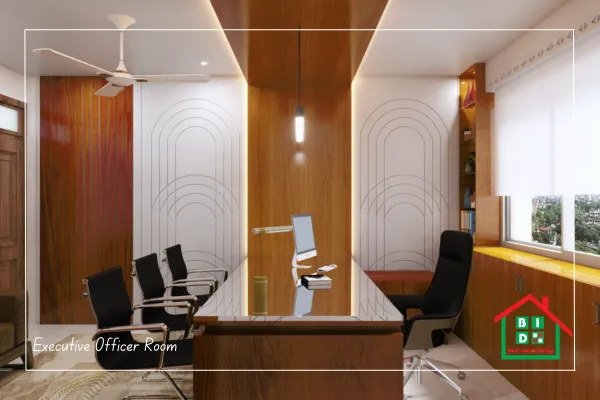
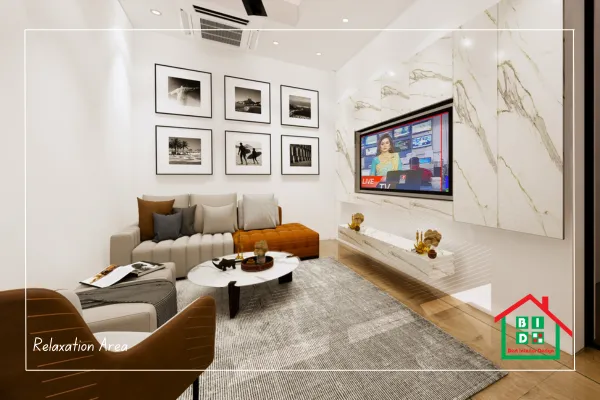
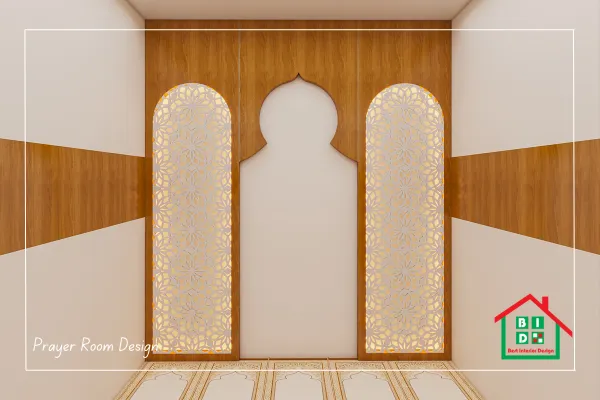
KIND WORDS FROM OUR CLIENT
Absolutely thrilled with the transformation of our government office by Best Interior Design. Their expertise truly shines in every aspect of the project, from conceptualization to execution. The team impeccably blended functionality with aesthetics, creating a workspace that fosters productivity and inspiration. Not only did they exceed our expectations in design, but their professionalism and attention to detail throughout the process were commendable. Collaborating with BID was a seamless and enjoyable experience, and we couldn’t be happier with the results. Highly recommend their services for any interior design needs!

Fill the form for your dream interior design
In the realm of governmental operations, the significance of office interior design cannot be overstated. It plays a pivotal role in fostering an environment conducive to productivity, efficiency, and employee well-being.
A thoughtfully designed government office space not only reflects the values and ethos of the organization but also enhances functionality and workflow. Let’s delve into the key aspects of government office interior design and how it can positively impact the working environment.
Strategic Space Planning for Optimal Workflow
Effective space planning is the cornerstone of a well-designed government office. It involves analyzing the layout of the space to ensure efficient utilization of every square foot. By strategically arranging workstations, meeting rooms, and common areas, designers can minimize clutter and streamline traffic flow. This not only enhances accessibility but also fosters collaboration among employees.
Creating a Professional and Welcoming Atmosphere
The ambiance of a government office significantly influences the mood and productivity of its occupants. A well-designed interior should strike a balance between professionalism and comfort.
Incorporating elements such as ergonomic furniture, ample natural light, and soothing color schemes can create a welcoming atmosphere conducive to focus and creativity. Additionally, integrating branding elements subtly reinforces the organization’s identity and instills a sense of pride among employees.
Optimizing Ergonomics for Employee Health and Well-being
Investing in ergonomic furniture and equipment is paramount to promoting employee health and well-being. Government employees often spend long hours at their desks, which can lead to various musculoskeletal issues if proper ergonomic principles are not followed.
Adjustable desks, ergonomic chairs, and monitor arms are some of the essential elements that contribute to a comfortable and healthy workspace. By prioritizing ergonomics, government offices can reduce absenteeism due to health-related issues and boost overall productivity.
Harnessing Technology for Smart Office Solutions
In today’s digital age, technology plays a crucial role in office design. Government offices can leverage smart technologies to streamline operations and enhance efficiency. From automated lighting and climate control systems to integrated communication platforms, technological innovations can simplify tasks and improve collaboration.
Additionally, incorporating sustainable technologies such as energy-efficient lighting and smart thermostats not only reduces environmental impact but also lowers operating costs in the long run.
Promoting Collaboration and Communication
Effective communication and collaboration are essential for the smooth functioning of government offices. Designing flexible spaces that facilitate impromptu meetings and brainstorming sessions can foster teamwork and innovation.
Open-plan layouts, communal areas, and designated collaboration zones encourage interaction among employees from different departments, leading to cross-pollination of ideas and perspectives.
Conclusion
In conclusion, the design of government office interiors plays a pivotal role in shaping the work environment and influencing employee productivity and well-being. By prioritizing strategic space planning, creating a professional yet welcoming atmosphere, optimizing ergonomics, harnessing technology, and promoting collaboration, government offices can create conducive work environments that support their mission and objectives.
Investing in thoughtful interior design is not just an aesthetic choice but a strategic decision that yields tangible benefits in terms of efficiency, employee satisfaction, and organizational success.
